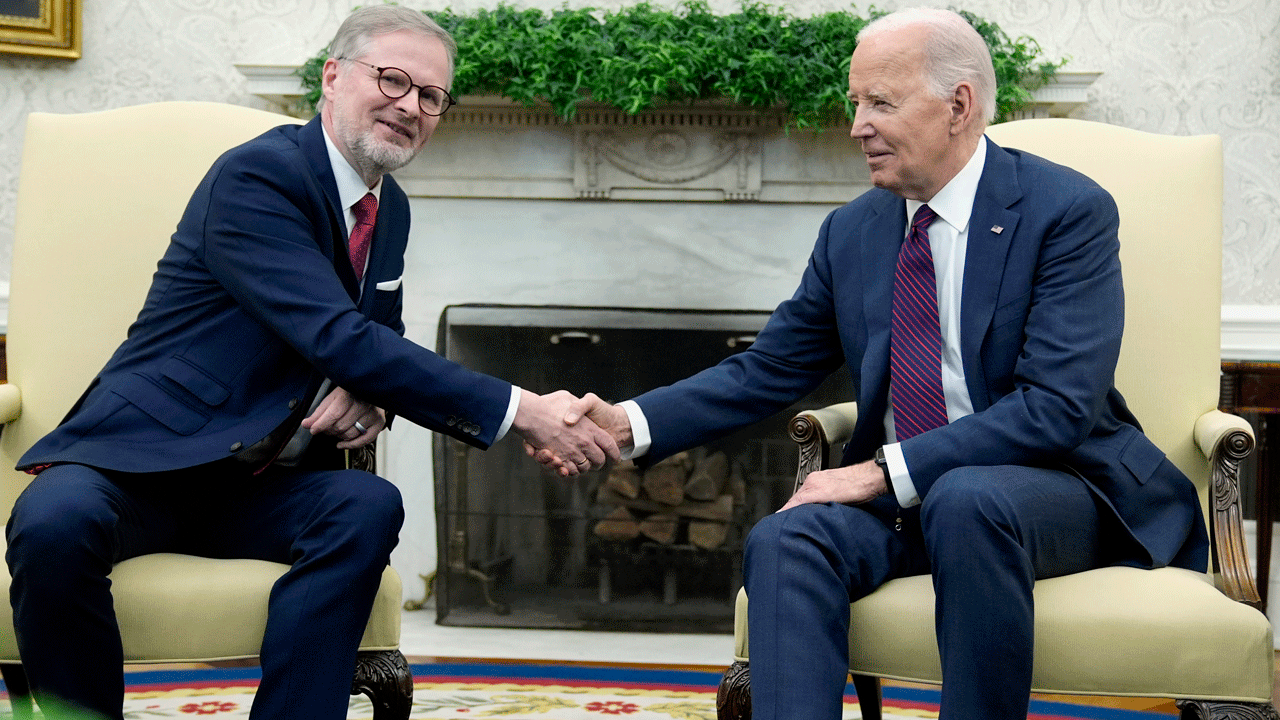A former Army sergeant who risked his own life to save a fellow soldier during a 2007 ambush in Afghanistan was awarded the Medal of Honor on Tuesday at the White House, becoming only the seventh living recipient of the top military honor for actions in Iraq or Afghanistan.
"You make us proud," President Obama said, in presenting the award to former Army Sgt. Kyle White.
White, in brief remarks after the ceremony, credited his team and described his "fallen brothers" as his heroes.
"Without the team, there could be no Medal of Honor," he said. "That is why I wear this medal for my team."
An Army account of the attack says White and his team of 14 U.S. soldiers, along with Afghan National Army soldiers, were ambushed Nov. 9, 2007, after attempting to hold a meeting with village elders in the village of Aranas in Nuristan province.
During the exchange of fire, White was knocked unconscious.
When he came to, most of his platoon had slid for cover down a cliff but he stayed.
Left at the top with White were platoon leader 1st Lt. Matthew C. Ferrara, Spc. Kain Schilling, Marine Sgt. Phillip A. Bocks and the group's interpreter. White set about trying to assess the condition of his fellow soldiers, running and crawling through gunfire only to find Ferrara already was dead and Bocks badly wounded. Though he tried to stop Bocks' bleeding, the Marine later died.
Suffering from concussions, White treated Schilling's injuries and used one of the unit's radios to call for help.
When a helicopter arrived after nightfall, White only allowed himself to be evacuated after the wounded were assisted.
The citation read at the ceremony said White acted "without hesitation," exposing himself to "heavy fire" to help the others.
White, a 27-year-old Seattle native, is now living in Charlotte, N.C.
White retired from the Army in 2011. He graduated from the University of North Carolina-Charlotte with a finance degree and now works as an investment analyst at a bank in Charlotte.
In his first public discussion of the attack, White said that after the ambush, he was diagnosed with post-traumatic stress disorder. He urged veterans suffering from the illness to get help.
The Associated Press contributed to this report.




